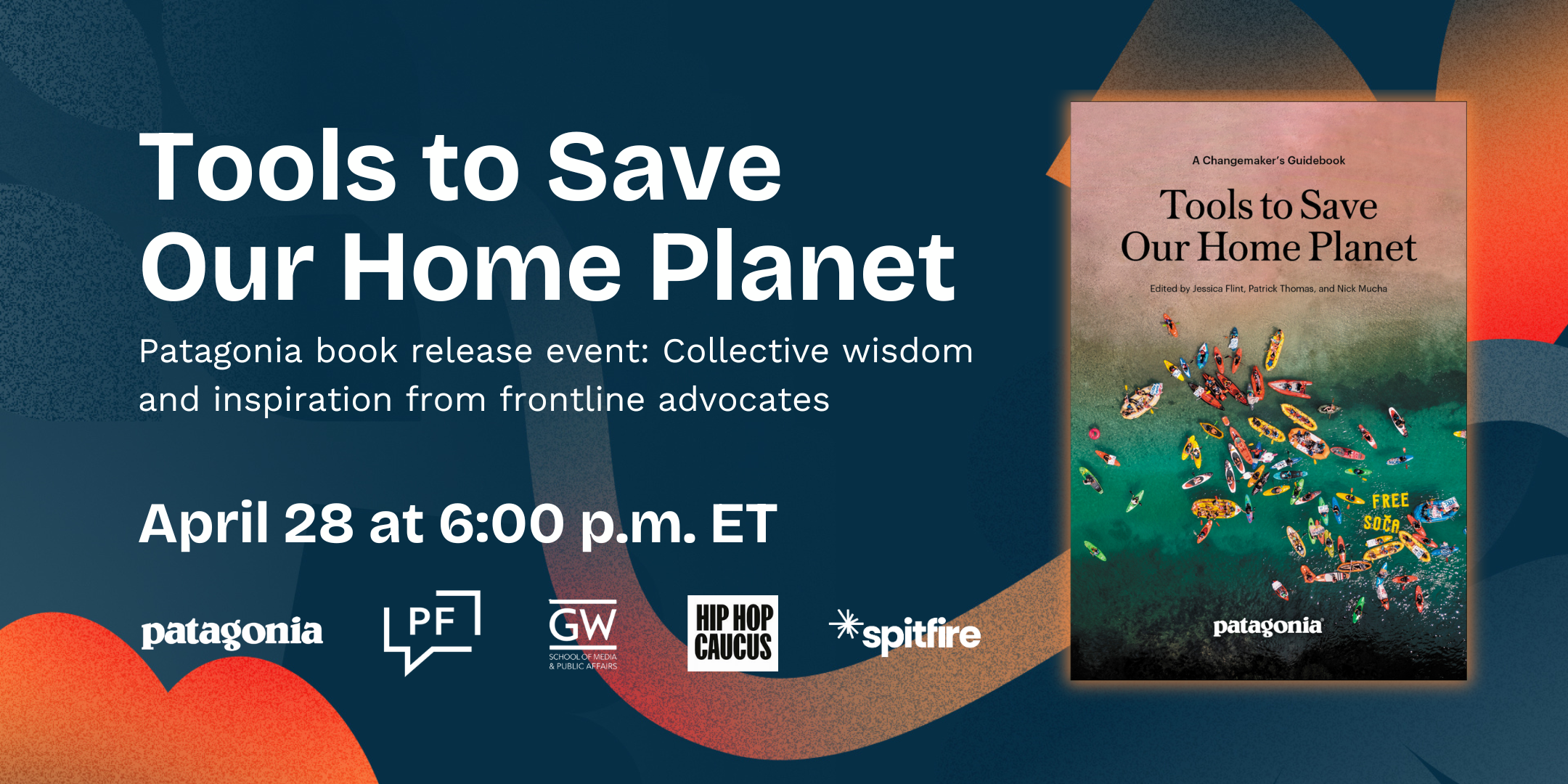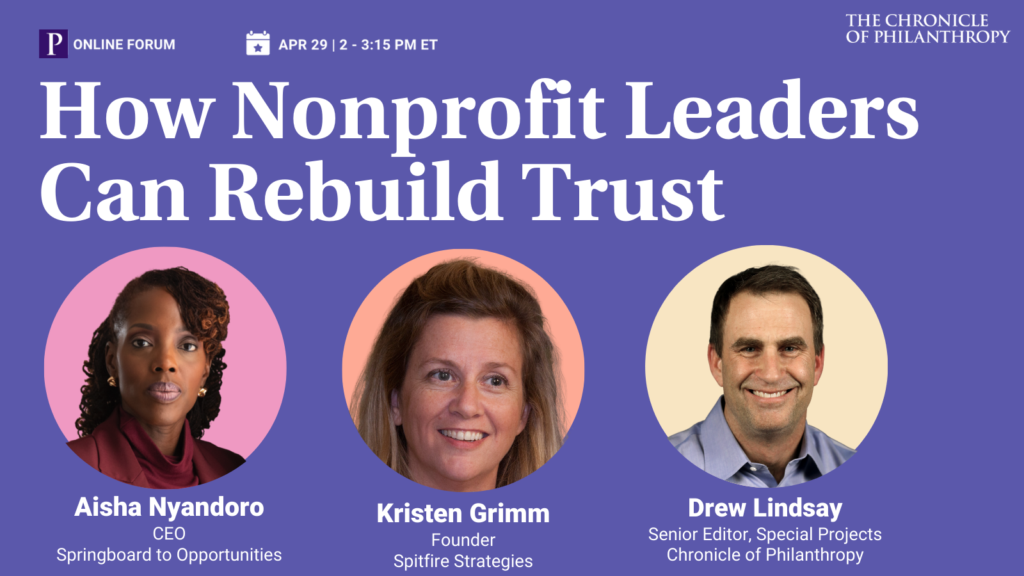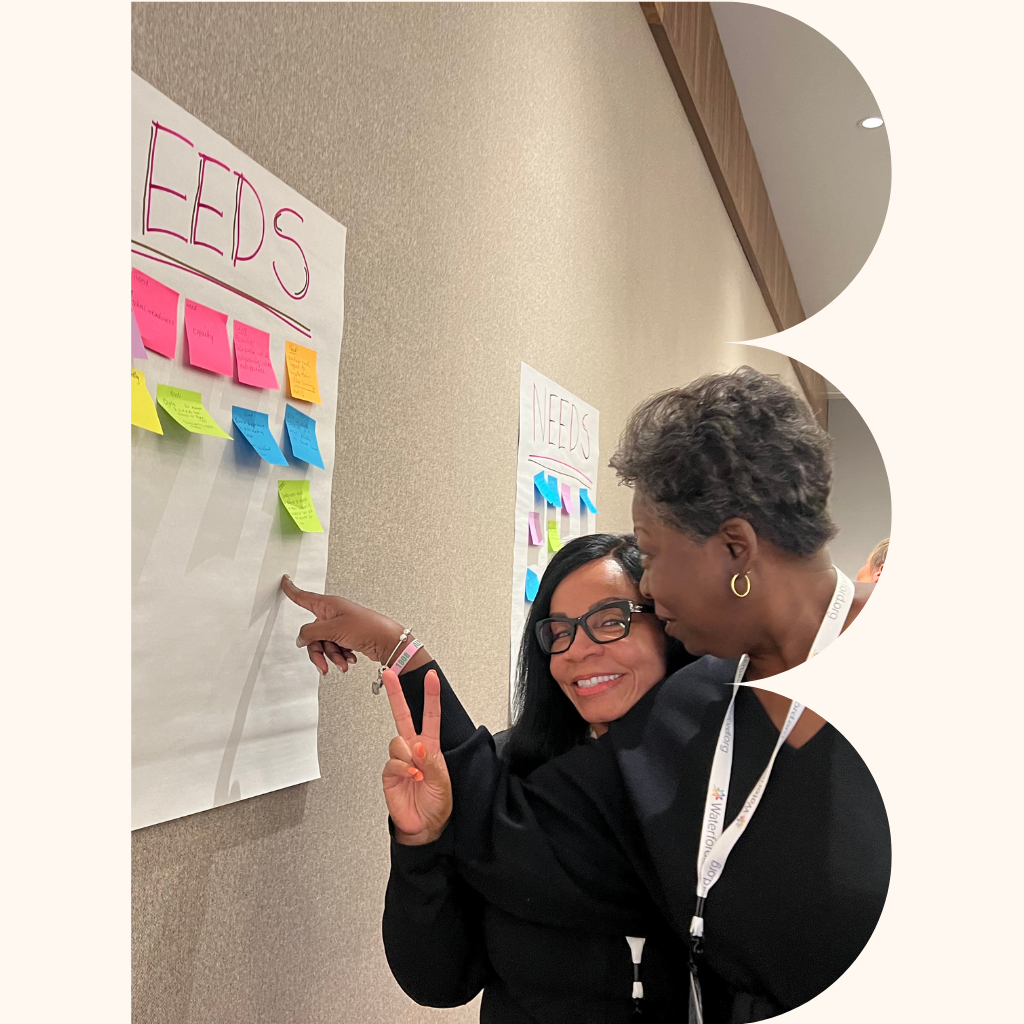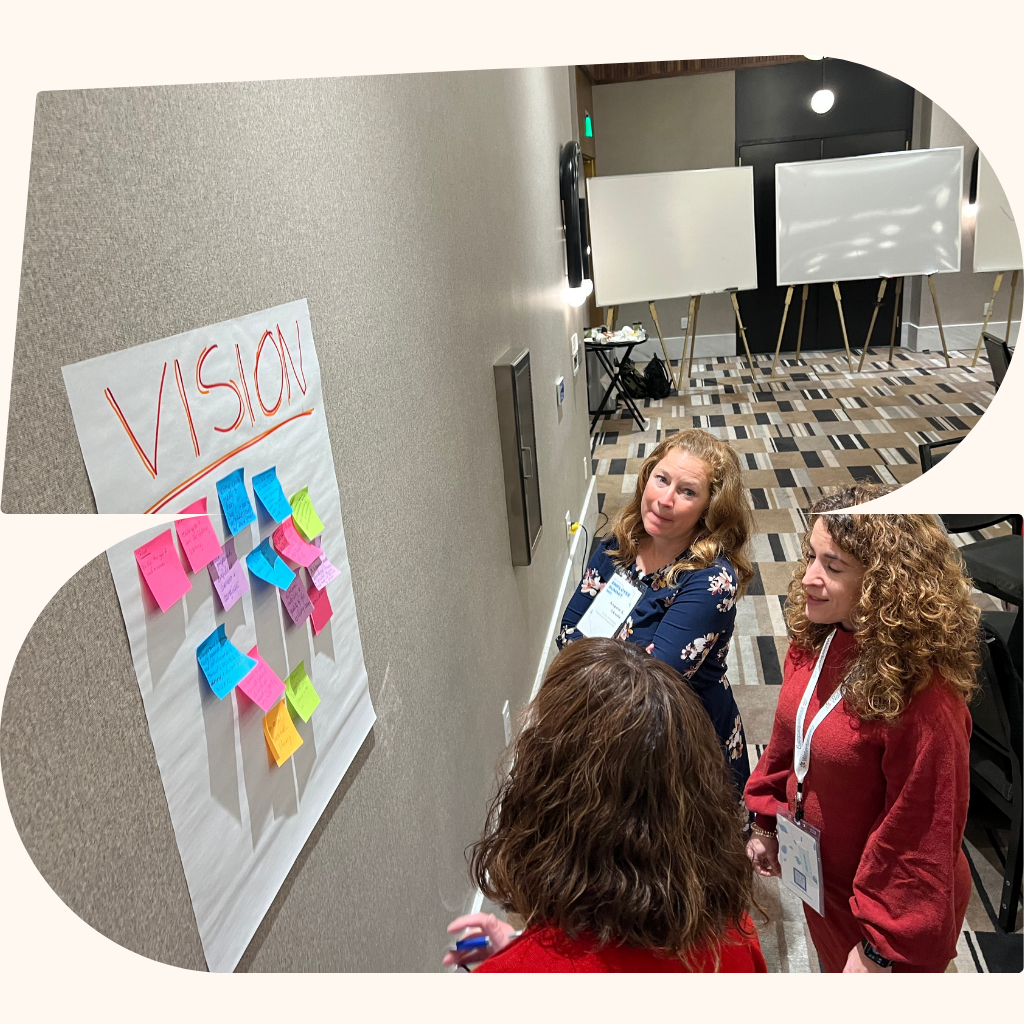
Tools to Save Our Home Planet: A Change Maker’s Guidebook Scientists, and extreme weather, tell us that we need to do more to save our planet. Our communities need clean air and drinking water; fact-based environmental education; and more clean energy and green jobs … like yesterday. So, what does it take to change the world? Over 50 climate activists, conservationists and sustainability leaders shared their best strategies in Patagonia’s new essential guide: TOOLS TO SAVE OUR HOME PLANET.
This is a powerful toolkit to build momentum and mobilize communities, shaped by voices on the front lines. Learn through the journey of change makers who successfully undammed the Klamath River, organized 16 Montana youth to fight for their right to a clean and healthy environment, and are rewilding Argentina. Spitfire Strategies Founder Kristen Grimm contributed a chapter on strategic communications for change. Get your copy today.

Want more? Tune into the book release livestream on April 28 from 6-7 p.m. ET! Patagonia, Spitfire Strategies, Hip Hop Caucus, the George Washington University (GW) School of Media and Public Affairs, and Planet Forward will discuss how this guide and leaders in the field can inspire us to do our part — and do it well — to get environmental challenges under control. It’s true that we are the ones we’ve been waiting for, and it’s go time!
What: Watch a panel discussion and audience Q&A moderated by GW student Andrea Pedemonte, featuring Corley Kenna, chief impact and communications officer, Patagonia; Kristen Grimm, founder and strategist, Spitfire Strategies; and Rev. Lennox Yearwood, Jr., president and CEO, Hip Hop Caucus.
When: Monday, April 28, from 6-7 p.m. ET
Where: Watch the livestream at https://www.youtube.com/live/arjNPDgawuk. A recording will be available after the event.

Join Us for a Conversation on Trust

Public confidence in nonprofits and philanthropy has been declining for years — but nonprofits have the power to change that. Join us for “How Nonprofits Can Rebuild Trust With America,” with Chronicle of Philanthropy Senior Editor Drew Lindsay and Spitfire’s Kristen Grimm, who will share key insights from her research that the Robert Wood Johnson Foundation funded. The result of this research is “Replenishing Trust: Civil Society’s Guide to Reversing the Trust Deficit™,” a guide that includes concrete steps for leaders to rebuild trust between nonprofits and their supporters and communities. Aisha Nyandoro, CEO of Springboard to Opportunities, a community organization in Jackson, Mississippi, will offer practical advice from her own experience about how to strengthen ties and earn trust with funders, partners and the public. Join the conversation and register here.

Spitfire Takes: In the Pursuit of a Better World, We Can’t Afford to Be Boring
As communicators for social justice issues, we can’t afford to be boring. In the world of the 24/7 news cycle, where we’re fighting for eyeballs and getting outplayed by the conservative media machine, it’s not just a waste of time to put out boring communications that no one reads — it’s the difference between success and failure at a moment when we can’t afford to lose. So, what makes your communications not boring? Learn more from our own Annabelle Gardner.

SpitfireU: Who’s dominating the online media ecosystem?
Right-leaning media has a fast grip on YouTube shows, Spotify podcasts and gaming platforms — spaces where more and more Americans are getting news about the world. It’s not just in politics and news programs but in supposedly “nonpolitical” spaces like comedy, sports and entertainment programming. A new Media Matters study found that right-leaning shows command nearly five times the following of left-leaning programming, totaling more than 480 million followers across platforms like YouTube, Spotify, Rumble and TikTok.
What does this asymmetry mean for audiences seeking information about the world and for communicators and social justice practitioners who want to reach people where they are tuning in and receiving political and social analysis?
Register now to join us on May 1 from 2-3 p.m. ET for our next SpitfireU session, “Who’s dominating the online media ecosystem,” where Media Matters will unpack its research findings and explore how we can strategically respond to and adapt media strategies. We’ll discuss how the right is strategically building cultural influence and power and where progressive movements can build stronger influence and power in an ever-changing media landscape.

Learn With Us at an Upcoming Training

Countering Disinformation With Communications Disinformation, false information created intentionally to mislead people, endangers not only nonprofits’ efforts but also society as a whole. We believe that neutralizing disinformation without spreading it is a core competency for communicators. In this two-hour session, we will describe the basic definitions of mis- and disinformation and the strategies used to manipulate all of us into spreading harmful disinformation. We will also provide an overview of the messaging strategies used to prevent and debunk disinformation. Sign up today to prevent the spread of disinformation.
Next session: April 30

Small and Mighty Communication Series This five-part training series gives one-person communications shops training on how to align resources; strategy; and, most importantly, time. Teams of one often have to be more reactive, and strategy and proactive communications fall on the priority list. Even when you have a strong communications plan in place, you may have limited resources and time for implementation. And there may be competing demands from leadership. These sessions include conversations with colleagues in similar positions so you can build a circle of peers that lasts beyond the series. Sign up to strengthen your capacity as a one-person communications team.
Series begins May 2

Strategic Communications Planning Strategic communications is key to achieving long-term success and impact. In this two-hour session, we will walk through our preeminent strategic communications planning tool, the Smart Chart®, an easy-to-use tool to develop successful communications plans. We’ll cover how to turn your organization’s program objective into a communications plan, including audiences, messaging, activities and metrics for success. Sign up to plan smarter today with Smart Chart.
Next session: May 8

Don’t hesitate to reach out at CuttingEdgeTraining (at) spitfirestrategies (dot) com if you have any questions.